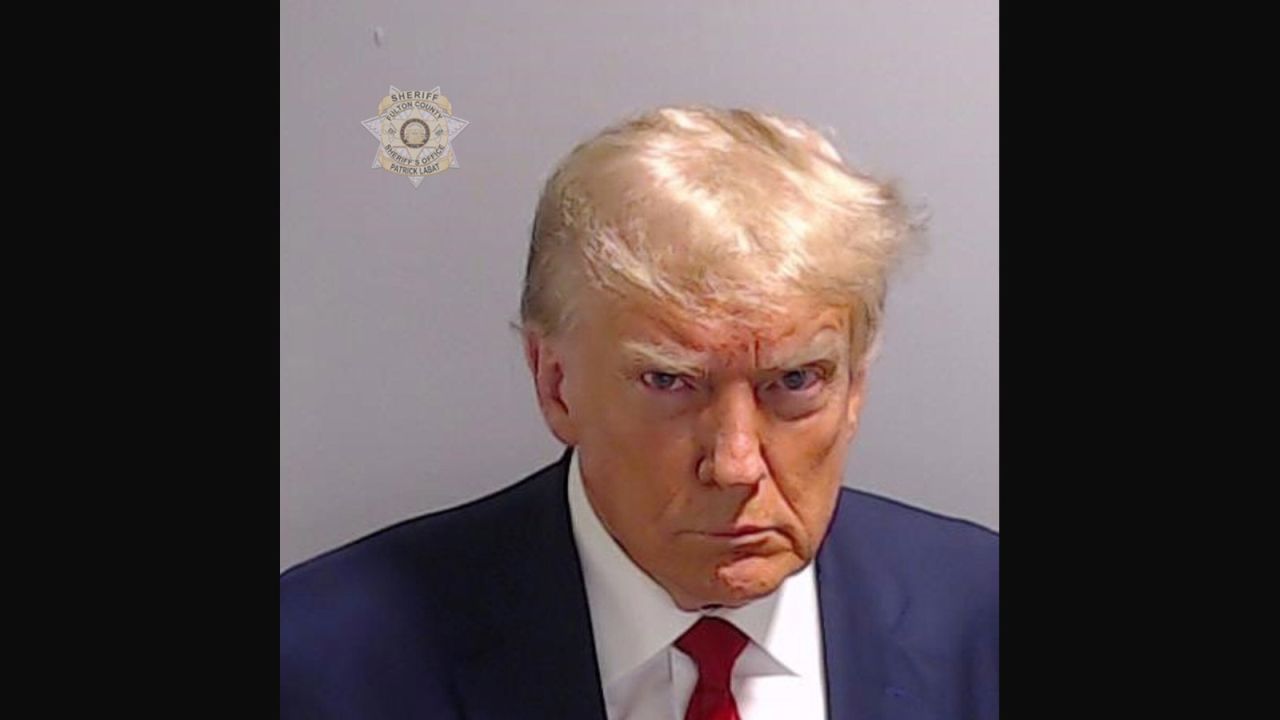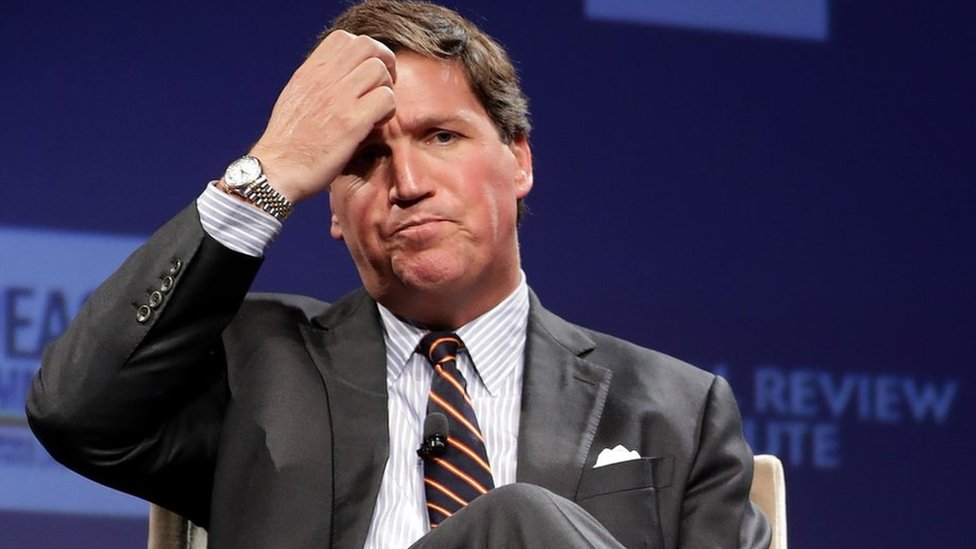BY MOSHE HILL OPINION COLUMNS AUGUST 23 2023
Former President Trump received his fourth, and likely last, indictment this past week, setting the stage for 2024 to have the most focus on courtroom drama since the OJ trial of 1995. Trump will literally be stuck in courtrooms while Republicans head to the primaries to vote for him, which is exactly what the Democrats want. Before breaking down these final indictments, let’s do a quick recap of the other three indictments and their merits.
The first indictment was the Stormy Daniels hush money case from Manhattan District Attorney Alvin Bragg in New York. This one is by far the biggest joke, but it was the glass-ceiling breaker. Until Bragg, no one has ever indicted a former president. Bragg opened the floodgates for all following indictments.
This case appears weak, due to an unclear connection between the charges and the alleged underlying crimes. The indictment employs a law that can escalate minor offenses to felonies if linked to another crime, but it lacks a clear explanation of what this second crime is. While it suggests a possible violation of federal campaign finance laws, experts view this foundation as weak, given doubts about the strength of similar cases in the past. The indictment also mentions tax fraud, where money meant for reimbursing hush payments was characterized as income for tax purposes, but the nature of the fraud involves paying more taxes, not evading them. The charges fail to clearly outline how Trump violated state election laws, and while federal campaign finance laws could be applicable, the indictment seems to primarily focus on state law violations. The challenge of proving that Trump knowingly violated campaign finance laws further complicates the case, and experts believe that the indictment needs to establish a clearer connection between the charges and the alleged crimes to hold up in a trial.
The Florida case, brought by Special Counsel Jack Smith and the US Department of Justice (DOJ), is probably the strongest case against Trump, legally speaking. He said on tape that he had classified documents that he did not declassify. Two things are in Trump’s favor from a legal standpoint. First, the jury pool will be pulled from a very Trump-friendly district. Second, former FBI Director James Comey absolved Hillary Clinton of the same thing in 2016, setting up a legal precedent that the Trump team could jump on, either for the judge or the jury. There is also the obvious fact that this is a political prosecution, as Joe Biden had classified materials in a far less secure location than Trump did, and there is no investigation or charges pending.
The Washington, DC, case, also brought by Jack Smith, is not as weak as the New York case, but is still a joke of an indictment. As National Review writes, “The Biden Justice Department is attempting to use the criminal process as a do-over for a failed impeachment. In effect, Jack Smith is endeavoring to criminalize protected political speech and flimsy legal theories – when the Supreme Court has repeatedly admonished prosecutors to refrain from creative theories to stretch penal laws to reach misconduct that Congress has not made illegal.” This case will come down to proving that Trump believed people when they told him that he lost. The first exhibit the defense should show is a picture of Trump looking at the Solar eclipse of 2017 after everyone told him not to. Trump doesn’t believe anything anyone says, ever.
So now we have the Georgia indictment, which is different in kind, and legally very dangerous for Trump. Trump was charged in Atlanta by Fulton County (Georgia) District Attorney Fani Willis, a radical leftwing prosecutor, under the RICO Act. The RICO (Racketeer Influenced and Corrupt Organizations) Act is normally used to combat organized crime by targeting individuals involved in a pattern of criminal activity through an enterprise (a group that conducts its affairs through a pattern of racketeering activity). An enterprise could be criminal or legitimate, but the essence of the crime is membership in the enterprise itself, not the specific criminal acts carried out by the group.
The indictment claims that the “criminal enterprise” (a.k.a. Trump and his lawyers) schemed to keep Trump in office despite losing the election. As Former Assistant US Attorney Andy McCarthy argues in National Review, the objective of using the legal system to overturn elections is not a crime. Even if they were using illegal means to pursue a lawful objective (which would be criminal), that would not be a conspiracy unless there was an agreement to commit a crime.
McCarthy argues that DA Willis misunderstands RICO by trying to use it to tie together various bad behaviors rather than addressing the core issue of the objective’s legality. By turning the defendants into a “criminal organization” when they are clearly not, Willis can use those bad behaviors to try to “get Trump.” In essence, Willis is using RICO because she can’t actually charge Trump with a crime, so she’s making up a criminal enterprise out of whole cloth.
Despite the massive legal holes in this case, it’s a very dangerous one for Trump. First, any of the defendants could flip and testify against Trump for immunity. Whether or not that testimony is true or legally a problem is irrelevant, as they would be talking to a jury. Second, the jury would be pulled from an area of Georgia that is unfriendly towards Trump, and an area that would elect Willis in the first place. Third, even if Trump wins the presidency, he cannot pardon himself in this case, nor can the Governor of Georgia, Republican Brian Kemp, pardon him. Any pardon would have to come from a panel tasked with doing so.
It’s going to be a long year for the Trump campaign and for the country, and there is no evidence that this mountain of legal trouble is helping Trump in the general election polls. However, Biden is so deeply unpopular that he’s tied with – or has a small lead on – Trump in most national polling at this point. So here is a prediction: When Trump gets the nomination and the traditional polling bump from it, Biden will announce that he is pardoning Trump and working to get all legal matters against him dropped, in the name of “fair and honest elections.” This will have a two-pronged effect. First, it will burst the balloon of the Trump campaign, which is running as a “fighting while under persecution” campaign. Second, it will turn independents to Biden because he “cares about democratic norms.”
At the end of the day, these are all political stunts designed to keep the focus on Trump so the country ignores Biden’s incompetence and corruption. The irony is that in doing so, the Biden administration and these local prosecutors are abusing their power and interfering in elections, in order to keep their preferred political candidate in office for another term – which is everything the Democrats accused Trump of having done.




